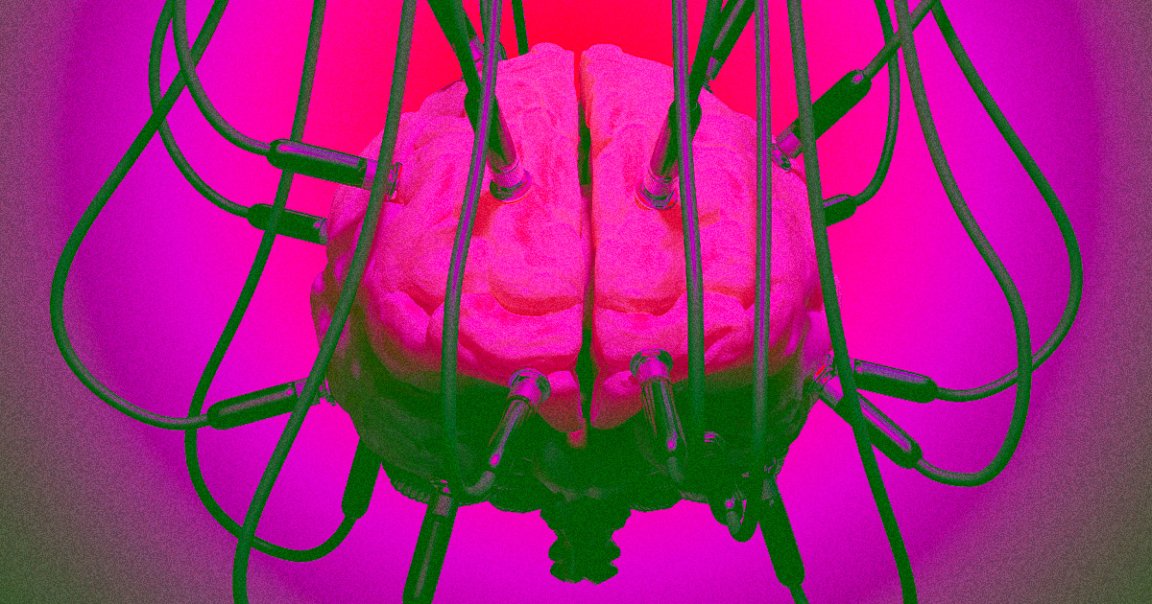
Elon Musk has made some bold promises about his brain computer interface (BCI) startup Neuralink, but lately it seems to be delivering more controversy than results.
Case in point, CNBC reported over the weekend that Neuralink is now under investigation by the US Department of Transportation (DOT) for illegally moving contaminated hardware.
According to public documents obtained by animal rights group the Physicians Committee of Responsible Medicine, the Musk-led startup didn’t properly transport contaminated implants removed from the brains of monkeys that may have harbored infectious pathogens including dangerous viruses such as Herpes B, and hard-to-kill bacteria like Staphylococcus and Klebsiella.
Among the documents were several seemingly damning email exchanges between Neuralink-associated employees. In one exchange in 2019, a staffer for the University of California, Davis, which was partnered with Neuralink at the time, wrote that the contaminated hardware was handled incorrectly, while highlighting the need for personnel trained in handling hazardous material, according to CNBC.
“Since the hardware components of the explanted neural device are not sealed and it was not disinfected prior to leaving the Primate Center, this presents a hazard for anyone potentially coming in contact with the device,” the staffer wrote, as quoted by CNBC. “Simply labeling it ‘hazardous’ doesn’t account for the risk of potentially contracting Herpes B.”
Another UC Davis staffer complained in a separate email exchange that three removed implants arrived in an “open box with no secondary container.”
“This is an exposure to anyone coming in contact with the contaminated explanted hardware and we are making a big deal about this because we are concerned for human safety,” they wrote.
While a DOT spokesperson told Reuters that it was taking the allegations “very seriously,” they clarified to CNBC that it was “standard practice” by the agency to investigate alleged violations.
It’s undeniable, though, that even if the DOT’s actions were initiated as merely a routine followup, it’s hard to argue with how alarmed the staffers sound in the exchanges — and how much this adds to the mounting pile of evidence that Neuralink is a shoddily and dangerously run company.
Last January, former Neuralink employees complained that Musk’s overly ambitious goals and unrealistic expectations fomented a chaotic and toxic work environment. Maybe no small wonder, then, that the company’s co-founder Max Hodak departed earlier that summer to found his own BCI startup.
And if you think Neuralink’s treatment of humans is bad, see a bombshell report that dropped in December, alleging that Neuralink had killed 1,500 animals since 2018, many of them monkeys.
All in all, not what you’d want to hear about a company that wants to put a computer chip in your brain.
More on BCI: Neuralink Cofounder Says New Company’s Eye Implant Could Be “Ultimate” VR Tech